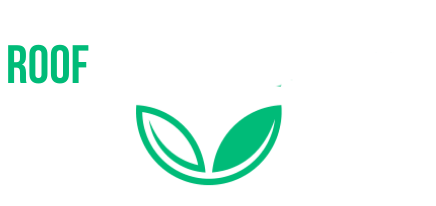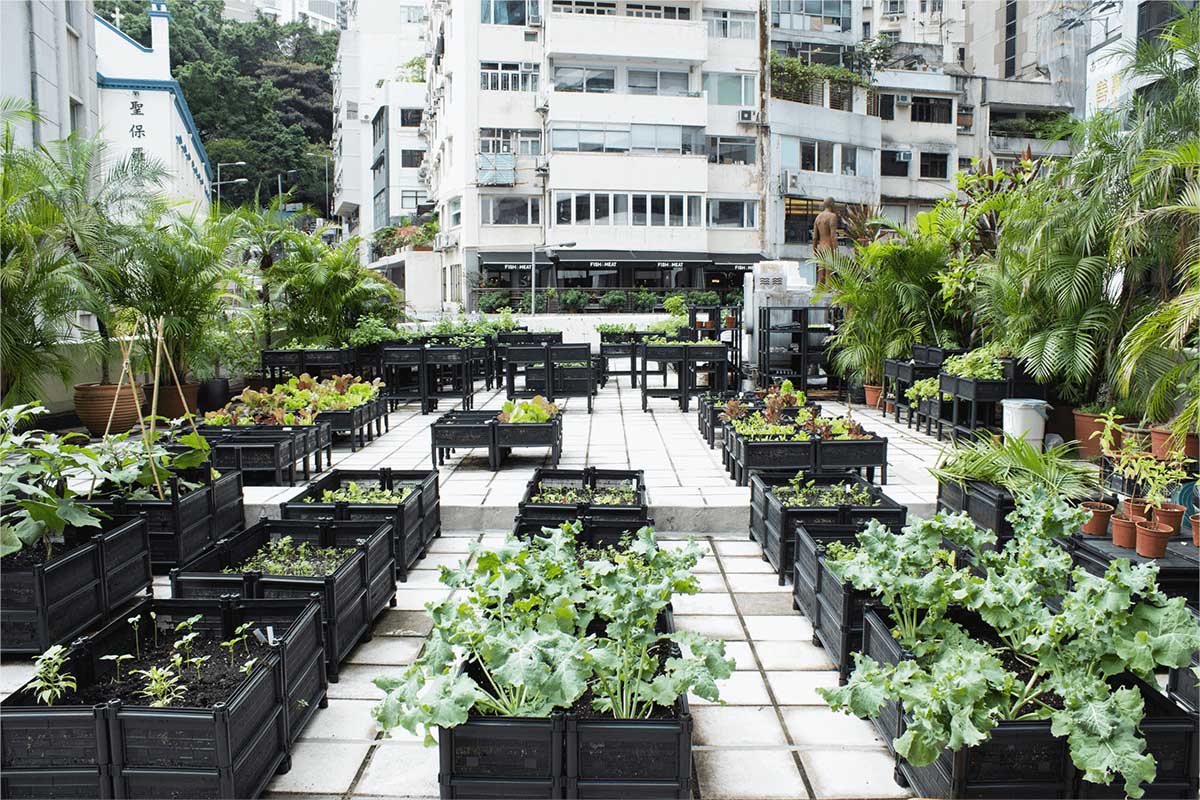The following are strategies of urban gardening based on your environment:
Spatial Survey
These are the ways of examining your allotted space for gardening:
View your space at the perspective of a plant;
Assess the accessibility of light, and the direction it is coming from;
Note any structures or trees that may block sunlight all day;
Search for hotspots – these are areas that receive an unnatural amount of light; and
Observe the shifting of lights and shadows on your property to understand your landscape better.
For places located in the Northern Hemisphere, South-facing areas are the ideal locations for the plants to be soaked in sunlight all day.
Choose A Growing Method
The following are growing methods effective for urban gardening:
Raised Beds
This is achievable if you have at least a 2′ by 4′ space for a raised bed, and a 6″ tall wood. For a simpler building procedure, you can buy a pre-made kit.
Containers
These are containers available for urban gardening: Terra Cotta, Wood, and Plastic.
Vertical Gardening
This is the use of vertical spaces in gardening. You can also use hanging baskets, and plant trailing edibles and vines on it.
Indoor Planting
Aside from houseplants, the following are also available for indoor planting: Herbs, Sprouts, and Microgreens.
Rooftops and Balconies
The problem with these locations is that they host higher wind, more intense sunlight, and higher water access. Surveying these areas requires extra care and containers should be placed more securely.
The key to successful urban gardening is the proper scrutiny of your allotted space, and knowing your plants how it should be planted correctly.

